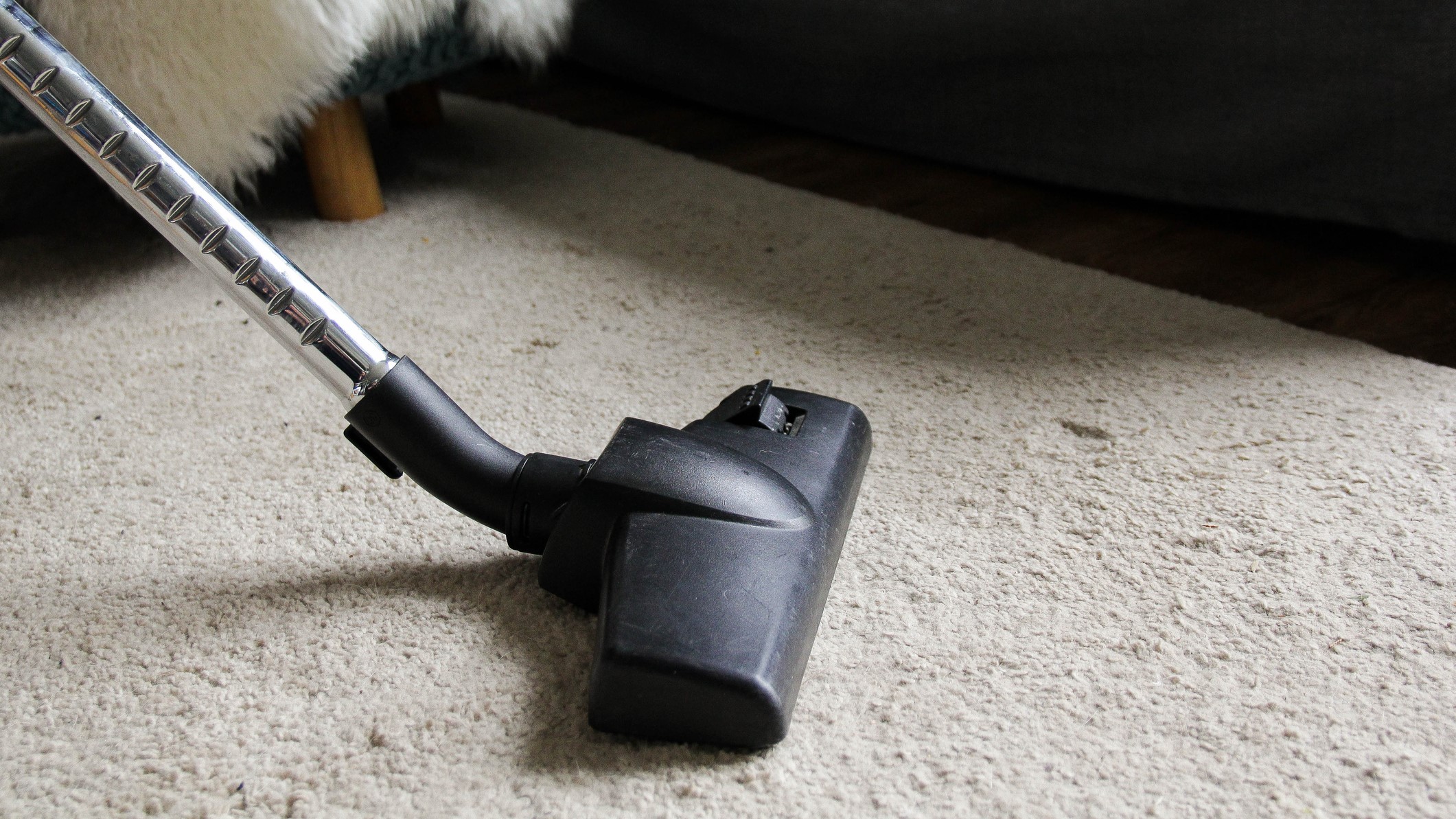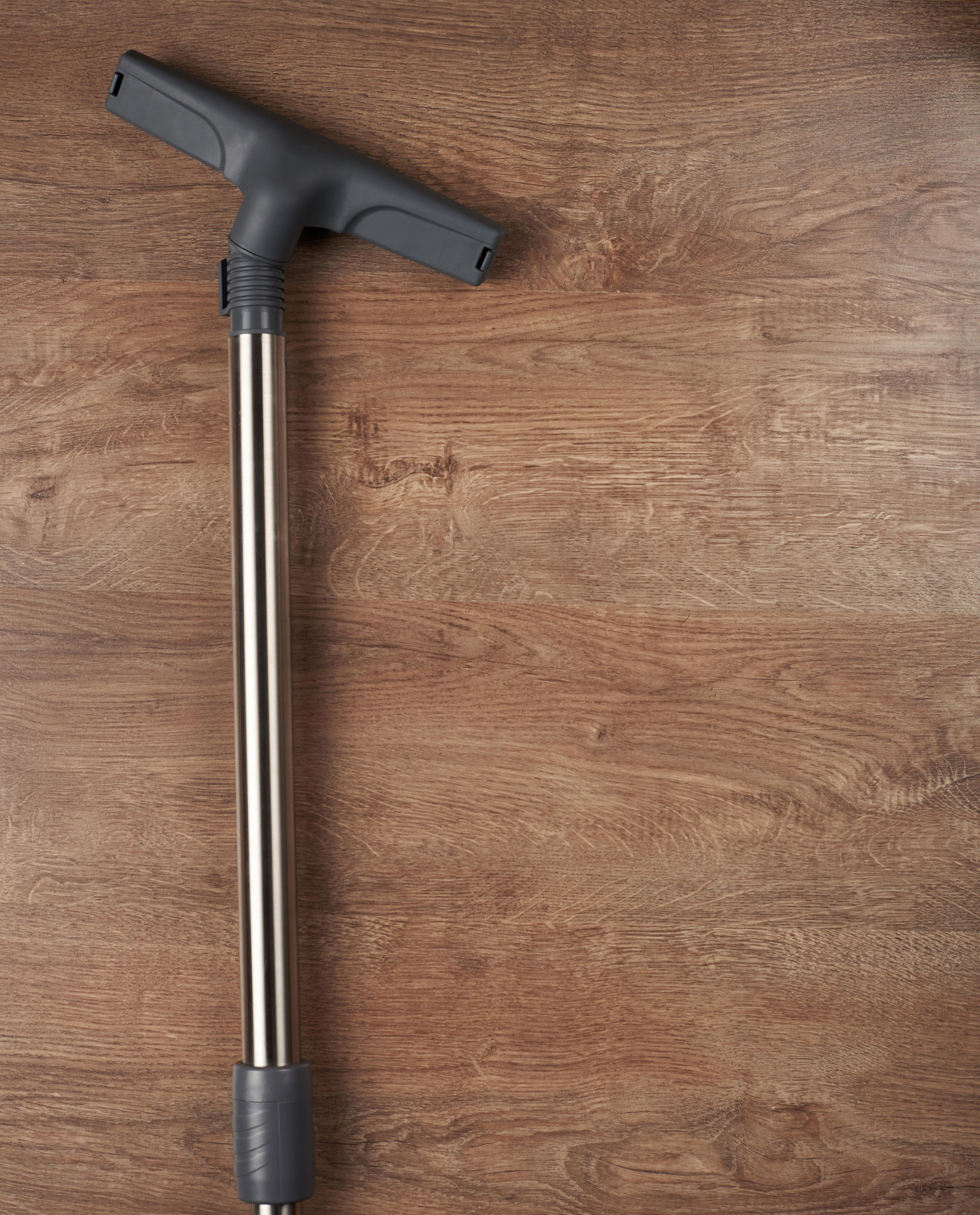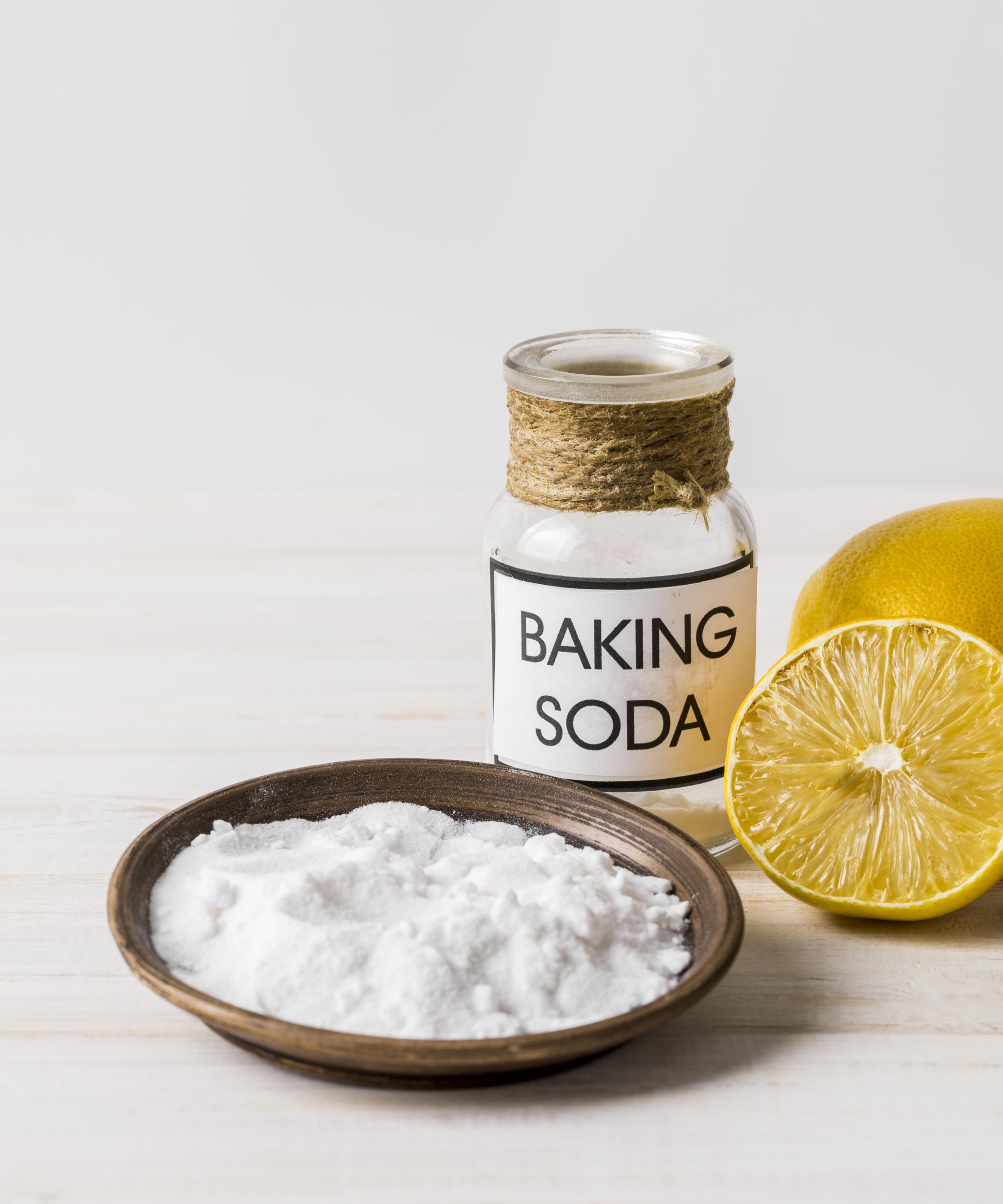
Baking soda is a miraculous thing. Used for much more than baking, the fine powder can be used to clean and deodorize things all over the home.
Of all the things you can clean with baking soda, a common hack is to spread it across carpets or furniture to then vacuum up, removing any smells and offering a deeper (and more convenient) clean than otherwise.
But is vacuuming baking powder actually safe for the vacuum? Our best cordless vacuums and upright vacuums are precious machines, and they're often not cheap, so we wouldn't want to potentially damage them in the name of easier cleaning.
Can you vacuum baking soda?
Elizabeth Shields, Operations Manager at Super Cleaning Service, illuminates her experience using baking soda, and the impact it's had on her (many) vacuum cleaners.
'Being in the business for so long, I am guilty of using baking soda in my cleaning routine. It’s super cheap and really effective in deodorizing things! And in those years, I’ve never experienced having a vacuum cleaner get damaged because of this,' says Elizabeth.
Of course, there are things you should never clean with baking soda, because of its main component sodium bicarbonate being able to harm some surfaces. But vacuum cleaners are highly durable appliances, so it's not completely surprising that many vacs haven't suffered damage from them.
Regardless, it's not uncommon to hear of baking soda damaging a vacuum cleaner's internal parts. Sodium bicarbonate is a salt and salt is a natural oxidizer, so there's the chance that baking soda can damage a vacuum's metal components if left for too long.

It's often been reported that vacuum cleaner filters can clog up because of baking soda. On online forum sites like Vacuumland and Reddit, users have reported baking soda embedding into vacuum filters, lessening suction power in the process. But this problem is the same across many dusts and powders that are so fine they can get into the pores of a vacuum filter.
It's worth noting that many of these posts were from many years ago, dating all the way back to 2015. Vacuum cleaners have become a lot more powerful since then, and in our many tests, the best vacuum cleaners are the ones that can capture these fine particles effectively.
Vacuums with HEPA filters are designed to suck up minuscule particles, like the countless different forms of debris that build up on our floors. Elizabeth elaborates on why she has never found any damage to her vacuums:
'Maybe it’s also because my own are equipped with HEPA filters that capture small particles, including baking soda dust. This filter is built with layers of fine fibers that make a maze for these microscopic particles.'

HEPA filters can capture at least 99.97% of particles as small as 0.3 microns. Many HEPA vacuums, like the Shark Stratos Cordless, have washable HEPA filters to avoid any build-up from these super-fine particles.
Even vacuums without washable filters can be cleared of particle build-ups. Knowing how to clean a vacuum filter, regardless of type, will avoid baking soda settling into the pores, or potentially damaging any metal components over time.
So, using baking soda in moderation and cleaning the filter regularly is the best way to avoid any damage. Many people use baking soda often and discover no problems from it, but at the same time, many users have reported damage from doing so.
If you're worried your vacuum isn't strong enough, it's probably best to be safe and avoid using baking soda entirely. Instead, consult your manufacturer's recommendations for home cleaning products.
Baking soda can be a great way to clean and de-odorize carpets, but how often should you vacuum carpet? It's best to do it regularly to avoid dirt and dust building up. Or, the best robot vacuums can do a big chunk of the work for you, giving you more time away from chores.







